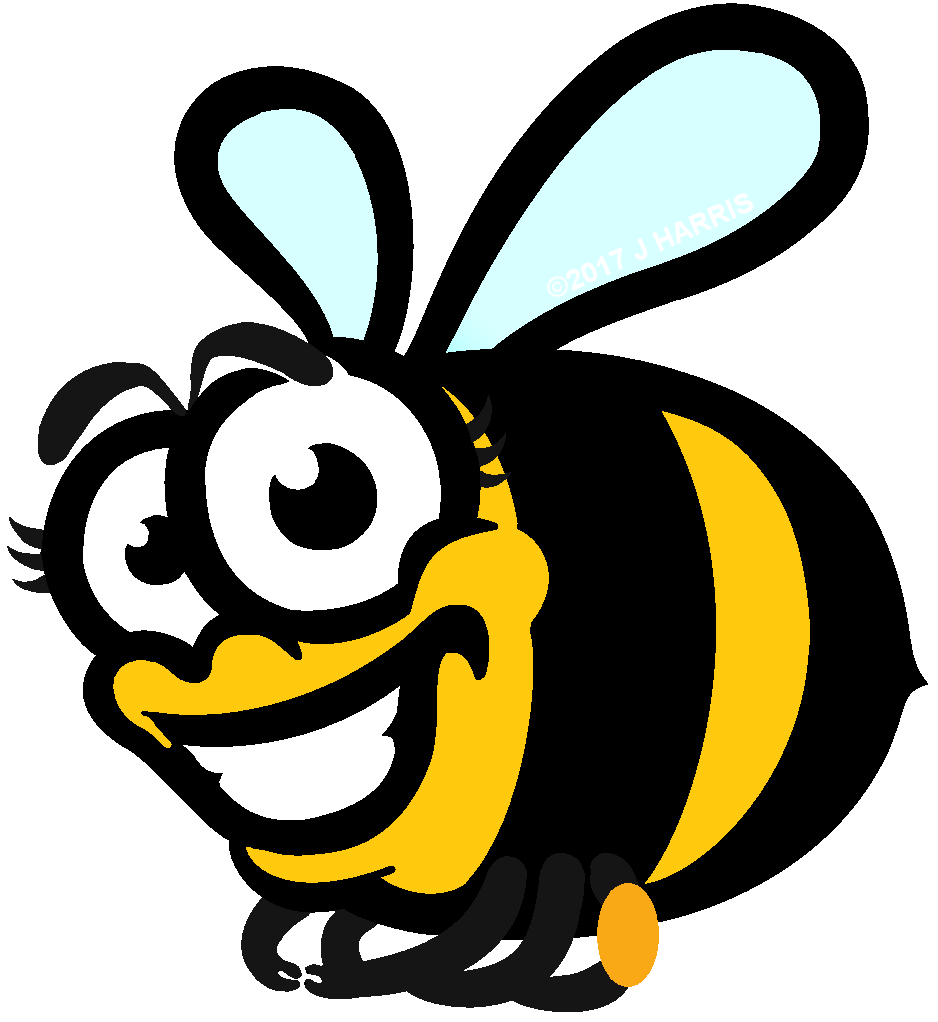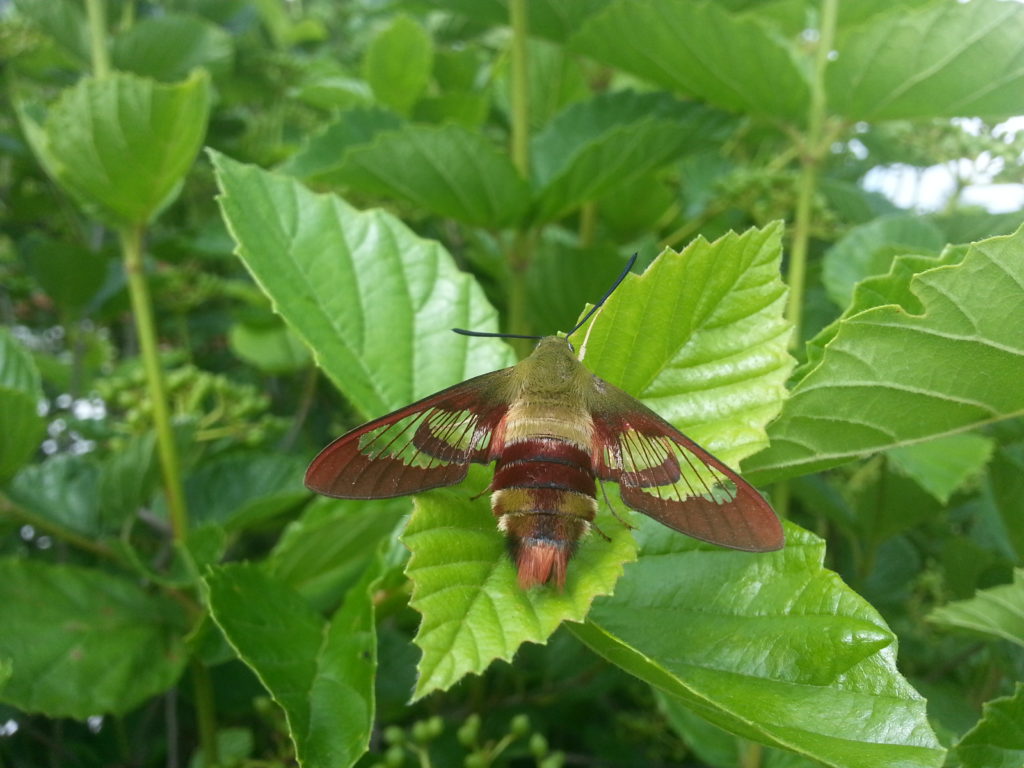Arbor Rangers ™ Supports Pollinators #FeedABee
Arbor Rangers, LLC, through our educational outreach program, featuring The Arbor Rangers ™, is proud to be a supporter of the Bayer “Feed a Bee” program! We advocate good stewardship of our urban forests because disregard for these natural resources can significantly impact our economy and very existence. This is even truer concerning the effect we have on pollinators.

Pollinators are insects, birds and other small creatures that assist plants in reproducing by their normal activities. For example, some creatures feed on a flowering plant’s nectar, petals or leaves. As they feed, their bodies often collect and transport the genetic material of that plant, known as pollen. These tiny pollen grains (produced by a flower’s stamen) become attached to the unsuspecting pollinators as they feed or when they brush up against the plant. As they move about, the pollen is transferred to the flower’s pistil, thus completing the fertilization process. Once fertilized, food-producing plants become the source of multitudes of foods, such as nuts, fruits & vegetables. Many plants also provide natural oils, along with a host of other resources vital for the life and stability of our planet.

How can you help pollinators?
Responsible pesticide use is important. Often, the over-use or misuse of insecticides has contributed to the reduction in populations of pollinators. Another area of importance is FEEDING pollinators. They have to eat, too, so consider planting flower beds, home gardens, and yes, non-invasive flowering ornamental trees to brighten up your spring landscape! All of these contribute to our urban forest and help preserve our pollinators at the same time!
Arbor Rangers ™ supports Bayer’s “Feed a Bee” program by talking about it as part of our urban forest advocacy program and in helping to distribute packets of their Pollinator Wildflower Mix to raise awareness of the vital role of pollinators and encourage the participation in providing food for them.
Educational Resources:
- Bayer publications page hosts links to a tremendous amount of study and research into bee biology and in-depth explanations of their importance. Featured are amazing facts about them, including their vital role as pollinators and why they threats to their existence warrants our serious attention. You will also find the following learning materials to help children acquire a healthy appreciation and respect for bees:
- The Official Feed a Bee website where they promise that every time #FeedABee bee is shared, they’ll plant a wildflower! Clap along as you watch the “Feed a Bee” music video to learn more!
- Coloring pages:
- Children’s books:
- Sweet Virginia Foundation – Life is Honey Hive Alive! program has some really neat and free online lesson plans, such as:
- Bee Bodies – Honey Bee Anatomy: Structure and Function
- Everybody Has a Job! – The Fascinating Inside World of a Honey Bee Hive
- Tiny Bug Huge Role – How Honey Bees Collectively Affect Their Community, Ecosystem and the World
- Swarm – How Bees Manage Their Communities
- Honey – How it is Made and Used
- Vitamin Bee website features music, activities and videos, such as:
- Feed a Bee video
- How Honey is Made video
- and so much more for your school!
- National Honey Board educational materials:
- The Honey Files: A Bee’s Life – A Teaching Guide Grades 4-6
- The Pollinator Partnership
- List of pollinated foods
- US Forest Service – Bee Basics (PDF)
- National Wildlife Federation – Garden for Wildlife
- S. Fish & Wildlife Service – Pollinators
- Xerces Society for Invertebrate Conservation – Pollinator-Friendly Plant Lists
